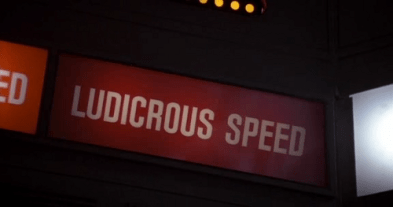 For the third straight season, I signed up for NHL GameCenter to watch Montreal Canadiens games and so far the experience is a good one ($160 for 82 games is a pretty great deal, although offering 40% off a season that is 60% over is certainly questionable). I also have the sports channel Versus through my cable subscription, and they broadcast around 8 Habs games per season, which should mean more hockey for me (yay!).
For the third straight season, I signed up for NHL GameCenter to watch Montreal Canadiens games and so far the experience is a good one ($160 for 82 games is a pretty great deal, although offering 40% off a season that is 60% over is certainly questionable). I also have the sports channel Versus through my cable subscription, and they broadcast around 8 Habs games per season, which should mean more hockey for me (yay!).
But unfortunately, that isn’t what winds up happening. In fact, I get less hockey. Because Versus has the rights to air certain Habs games in my local area, they are blocked out on NHL GameCenter for two days (see above, infuriating pic). What that means, then, is that if I forget to DVR the Versus game at my home, the footage is unavailable to me for 48 hours, even though I have paid to watch the game on two distinct platforms. And I don’t always remember to set a recording, given state of the art hockey schedule on the Versus site (so easy to read!). There is nowhere to go on Versus or on NHL GameCenter to watch the game while it is blacked out. This makes no sense. I can sort of understand blacking out the NHL GameCenter footage during live play (sort of), but once the game is over, the online version should be available to everyone who paid into it. In my opinion, the best way to grow the sport is to show more hockey, not less.
These media blackouts need to go the way of rabbit ear antennas. In an era of streaming online content, DVRs and smart, mobile media players, locking paying customers out of content for any length of time is silly. Someone needs to figure out a way to deliver out of market games in a timely manner so that “blackouts” become a thing of the past. These antiquated media restrictions show that cord cutting is far from a reality at this time. This is an issue facing technology and media companies, as well as the sports world.
Blackout rules were a bad idea when they were first conceived in an effort to make people go to the stadium and they are even more ludicrous now.
